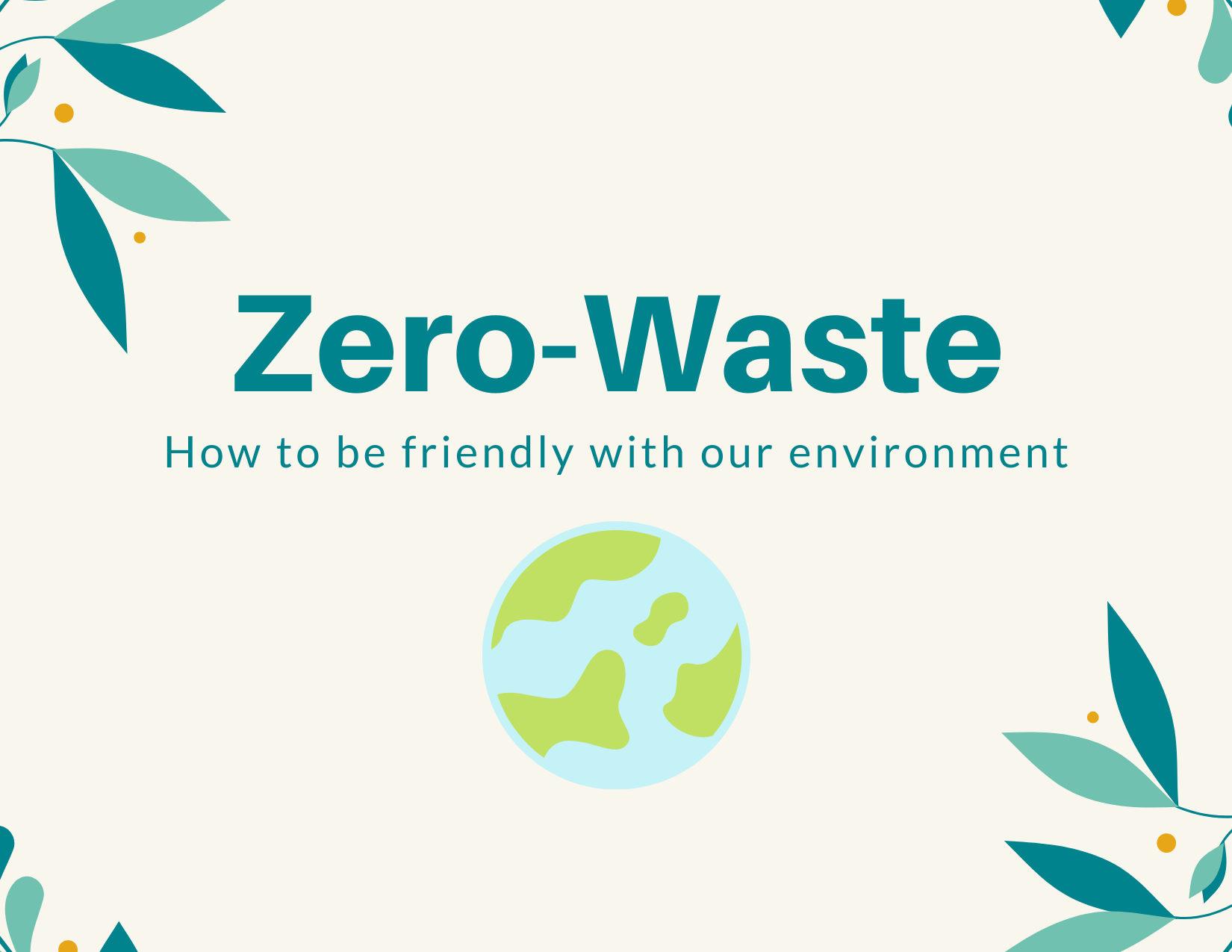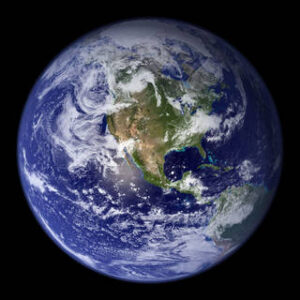How to be friendly with our environment The Zero-Waste Concept
Back in 2016, there was a trend going on called “the zero waste challenge” and it was first launched in New York by the mayor. Over the years it became a 30 day challenge where you store all your trash in a 16 ounce mason jar. By the end of my 30 days, my mason jar was pretty compact and filled up to the top. I looked at my mason jar and I saw a lot of plastic, tags, water bottle caps, plastic boba straws, plastic bags, and gum wraps. I soon learned that I needed to change my lifestyle to use less plastic.
The average American produces between 4.3 pounds of trash with less than 2 pounds to be recycled! In a year that’s 1569.5 pounds per person. According to the World Bank, it’s estimated that humans produce 2.01 billion metric tons of solid waste with 13.3% recycled and only 5.5% is composted.
My family and I recycle as much as we can. We stopped using plastic bottles, plastic bags, and plastic containers and switched to metal straws, reusable grocery bags, and glass containers. The latest report from the Environmental Protection Agency stated that people recycle 34% of the waste they create. Do you recycle? Take a look at your trash can. What do you see a lot of?
In many grocery stores, most things come in packages like plastic, cardboard, plastic sticker, paper, or styrofoam. Precycle is a store in New York that sells package-free produce and home goods. Customers bring their own clean glass container and tote bags to buy dishwashing soap, detergent, oil, toothpaste, shampoo, pasta, flour, nuts, and grains. Consumers only pay the amount they fill their container and the container weight is taken out. Sustain LA Refill Station sells household products in Los Angeles. This store makes it easier for people that want to switch to a plastic free lifestyle. All you have to do is bring your own container and fill it up with daily essentials such as shampoos, cleansers, and other household products. Their mission statement is “To change human behavior of consumption so we can restore the natural balance of the planet”.
Zero-waste is a concept and a lifestyle that one can adapt to. The definition of zero-waste is throwing nothing into landfill, ocean, and environment. According to Zero Waste International Alliance, “the conservation of all resources by means of responsible production, consumption, resue, and recovery of products, packaging, and materials without burn and no discharges to land, water, or air that threaten the environment or human health.”
Try switching to a bamboo toothbrush, take a mason jar to stores like Sprouts or Wholefoods, or try buying bulks of soap from soap companies. For example, the Australian Natural Soap Company packages soap that’s plastic free and sells a variety of soap such as dish and laundry, soap for oily hair, dry scalp, and even conditioner.
Why or how exactly is plastic harming our environment?
Plastic from street drains to national parks ends up in our oceans, rivers, and lakes. I’ve seen turtles choking on a plastic bag, sea otters being trapped in plastic rings, and plastic straws in the noses of many marine animals. In fact, annually, 8 million metric tons of plastic enters our ocean, harming over 700 species.
It’s important to play our role on Earth to reuse, recycle, and reduce trash as much as we can. Let’s keep our planet green and clean by being responsible. Simple activities such as beach clean up, biking, or simply cleaning up after others and ourselves plays a huge role. Going plastic-free is actually cheaper! Not only does it save money, but supermarkets in New Zealand are recording a 300% sales increase. In Indonesia, the zero waste movement is on the move and already many markets went plastic-free.
Sources:
https://packagefreeshop.com/pages/locations
https://www.sustainla.com/refill-station https://www.greenpeace.org/usa/rise-zero-waste-shopping/
https://www.greenpeace.org/usa/rise-zero-waste-shopping/
https://oceanconservancy.org/trash-free-seas/plastics-in-the-ocean/



